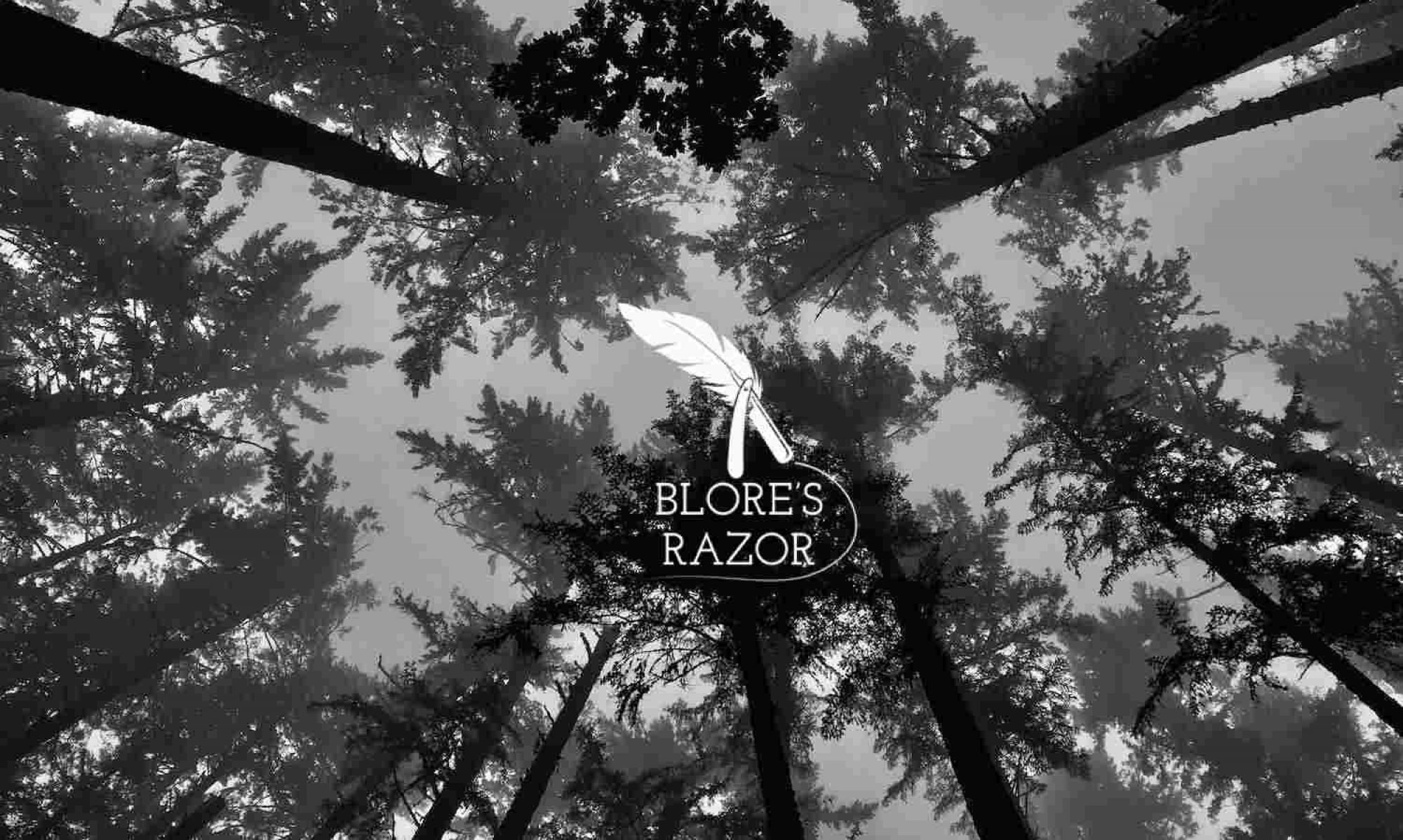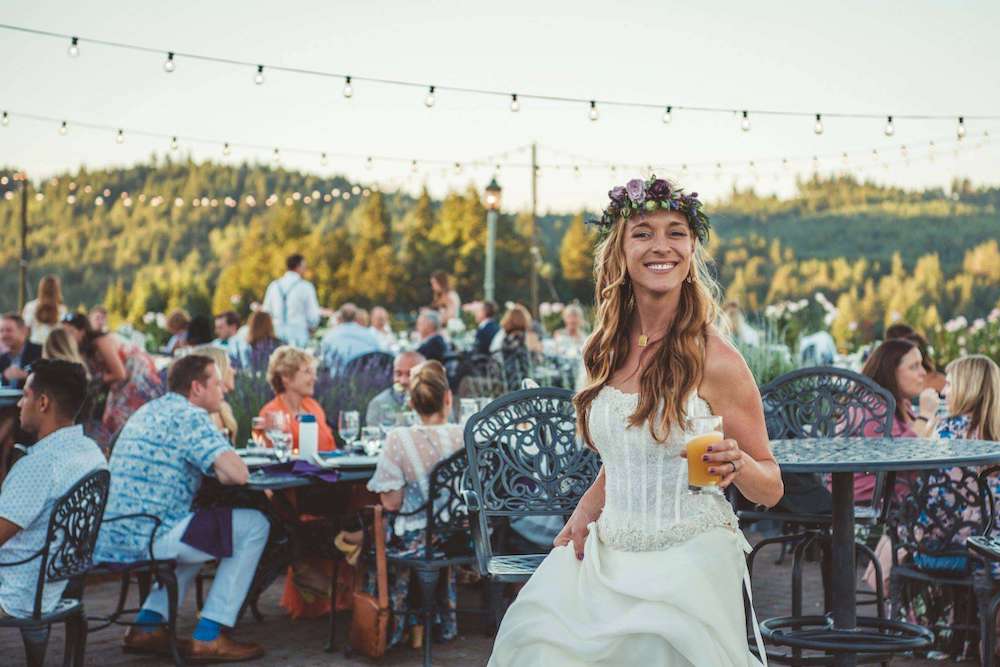Every January 1, I join thousands of hungover Americans in drying out. Around the holidays, near-daily intoxication gives way to a few weeks of reflection on the role of alcohol in our lives.
I used to get annoyed by the self-righteous sober crusaders and their unpolluted minds. There seemed to be an arrogance in sobriety—it was as if they’d cracked some code to live booze-free and float proudly above the drunken ditches where my friends and I swilled with abandon.
Since being a non-drinker is the exception rather than the rule, it’s often assumed that teetotalers are recovering alcoholics, barely able to control themselves around the stuff. They must have had a life-changing bender where they were forced to forswear drinking forever, right? What other explanation could there be? Booze is too delicious and too fun.
That way of thinking stemmed from my own discomfort around folks who exhibited such self-control. Who cares whether or not someone else drinks? I’m sure some folks reading this right now are annoyed that I’m even writing about being sober. That’s fine. I feel you. And trust me: I’m still of the mind that, “[Wo]man, being reasonable, must get drunk. The best of life is but intoxication.” Lord Byron was onto something.
But for now, I can examine how this dry January has changed my thinking about drinking. It’s been easier since I haven’t had much to miss: the pandemic has all but destroyed everyone’s social lives. Attending concerts, dinner parties, and bars isn’t an option when people are confined to their homes.
But this year has also been more difficult. I wanted to drink during the Racist Republican Riot on January 6; I wanted to drink when the House voted to impeach Trump for the second time; and I wanted to drink to celebrate Biden’s inauguration. I also had a death in my family—my 25-year-old cousin was taken from us too soon. That made me want to drink more than anything else.
I love drinking beer, so I hate to admit how much more productive I am when I cut alcohol from my life. I’ve been more efficient at work; I’ve written four blog posts (and published three); I’ve nearly finished a painting; and I’m reading my seventh book. My dreams have been more vivid and I’ve reset my tolerance, so when I do reintroduce beer, I will especially enjoy it.
Some effects haven’t been as great. I eat more sugar when I abstain from alcohol, so my skin is a mess. I’ve probably gained weight, too.
My goal this time around is this: in 2021, I want to drink in a way where I never have to stop again. I want this to be my last dry January. It’s only when drinking becomes habitual—as it has for people across the world during this pandemic—that it becomes an issue. It’s drained of its pleasure if it’s simply part of an adult routine.
It’s also costly. In December, I could drink a few beers with barely a buzz. I am my own most expensive date.
One of my favorite things about January is that it always pushes me to find new things to do and new beverages to drink. Some years it’s a matter of replacing one bad habit with another slightly less-bad habit. One year I drank 3-4 kombuchas a day. Another year, I just got stoned every evening. Both were effective in my month-long abstinence, but this year, I feel I’ve rediscovered the joy of totally sober days. It throws the non-sober days into the realm of celebration, where they should be. The balance is everything.
In the past few years, I’ve found a couple of tricks that have helped me during dry January:
1) Have specific pleasurable activities that you can reach for instead of a drink. For me, this is reading. At the end of the day, I grab my Kindle, which I pre-loaded in December with dozens of books I’ve always wanted to read. In the first 5-10 minutes of indulging in a book, I forget about beer. I’m also a walking addict. I take long hikes through the woods or urban strolls listening to podcasts. Whatever the activity is, it needs to have a low threshold for participation. It needs to be easy to reach for and something you can do on your own.
2) Come up with tasty replacements for your beverage-of-choice. I’m an Oregonian through and through—totally obsessed with beer—and this month, I’ve finally found a non-alcoholic craft beer I enjoy. It’s from Athletic Brewing. Their golden and dark beers scratch that itch for me. This month, I’ve also made a variety of mocktails, mixing flavors of sparkling water with kombucha, lime juice, and cardamom bitters.
3) Try cannabis. On weekends, I’m Eugene-sober. I have a vaporizer and an assortment of gummies. I typically microdose—2.5-5 mg is enough for me to feel just swell.
4) Plan your first weekend reintroducing alcohol. Another thing that’s gotten me through this month is planning a trip to the Oregon Coast to celebrate the conclusion of dry January. I’m hoping this will help me keep alcohol in the realm of weekends and holidays rather than a part of the everyday wind-down.
5) Don’t beat yourself up if you slip. It’s better to have a dry January minus a few days than it is to give up entirely after the first illicit gulp.
I don’t think I’ll ever give up alcohol—I’ve visited 350+ breweries around the country and that’s one of my favorite activities—but like millions of people around the world, I’m eager to develop a healthier relationship with it.
If I succeed in controlling my consumption this year, this will be my last dry January. Drinking in a way that I never have to stop will be liberating. I don’t want to deny myself my favorite vice because life’s too short to never indulge in what we enjoy. I just need to continue seeing the role of beer in my life differently: it’s a treat and a sporadic hobby—not an expected close to my day.


